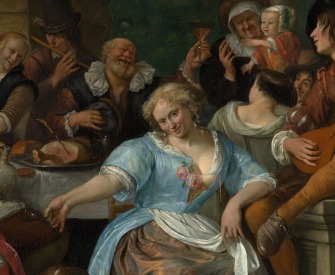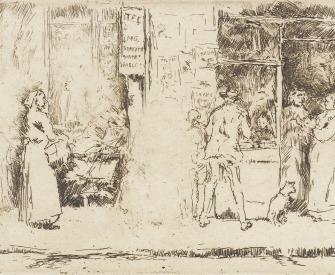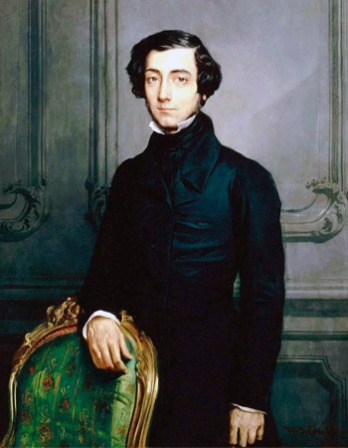It is not right for a ruler who has the nation in his charge, a man with so much on his mind, to sleep all night.
—Homer, 750 BCLink-Boys
William Hard looks upon the admirable institution of night.
Between five and six o’clock in the afternoon, the night newsboy and the night messenger boy turn another page in the book of experience and begin to devote themselves once more to the thronging, picturesque, incoherent characters of the nightlife of a big American city.
Then it is, at just about five o’clock, that the night messenger boy opens the door of his office by pushing against it with his back, turns around and walks sidewise across the floor, throws himself down obliquely on his long, smooth bench, slides a foot or two on the polished surface, comes to a stop against the body of the next boy, and begins to wait for the telegrams, letters, and parcels that will keep him engaged till one o’clock the next morning and that may lead his footsteps either to the heavily curtained drawing rooms of disorderly houses in the red-light district or to the wet planks of the wharves on the Calumet River twelve miles away, where he will curl up under the stars and sleep till the delayed boat arrives from Duluth.
Then it is that the night messenger boy’s friend and ally, the night newsboy, gets downtown from school, after having said goodbye to his usually mythical “widowed mother,” and after having assumed the usually imaginary burden of the support of a “bereaved family.” Then it is, at about five o’clock, that he approaches his favorite corner, grins at the man who owns the corner newsstand, receives “ten Choinals, ten Murrikins, ten Snoozes, and five Posts”; goes away twenty feet, turns around, watches the cornerman to see if he has marked the papers down in his notebook, hopes that he hasn’t marked them down, thinks that perhaps he has forgotten just how many there were, wonders if he couldn’t persuade him that he didn’t give him any “Murrikins,” calculates the amount of his profit if he should be able to sell the “Murrikins” without having to pay the cornerman for them, turns to the street, dodges a frenzied automobile, worms his way into a hand-packed streetcar (which is the only receptacle never convicted by the city government of containing short measure), disappears at the car door, comes to the surface in the middle of the aisle, and hands a News to a regular customer.
From the time when the arc lamps sputter out bravely against the evening darkness to the time when they chatter and flicker themselves into extinction before the cold, reproving rays of the early morning sun, what does the street boy do? What does he see? What films in the moving picture of a big American city are unrolled before his eyes?
Night, in these modern times, is like the United States Constitution. It is an admirable institution, but it doesn’t know what is happening beneath it. Night comes down on Chicago and spreads its wings as largely and as comfortably now as when the Tribune building was a sand dune. You stand on Madison Street and look upward, through the glare of the arc lamps, and you see old Mother Night still brooding above you, calmly, imperturbably, quite unconscious of the fact that her mischievous children have lined her feathers with electricity, kerosene, acetylene, coal gas, water gas, and every other species of unlawful, unnatural illuminating substance. She still spreads her wings, simply, grandly, with the cosmic unconcern of a hen that doesn’t know she is hatching out ducks instead of chickens; and in the morning she rises from her nest and flutters away westward, feeling quite sure that she has fulfilled her duty in an ancient, regular, and irreproachable manner.
She would be quite maternally surprised if she could know what her newsboys and messenger boys are doing while she (good, proper mother!) is nodding her head beautifully among the stars.
William Hard
From “De Kid Wot Works at Night.” The muckraking journalist published this tale of an Italian newsstand in Everybody’s Magazine. In the late 1920s he joined the National Broadcasting Company as a radio correspondent. “It is nonsense to say that radio is necessarily an agency for civic good,” he wrote, as it “can be made the most effective agency ever devised for the enslavement of the mass mentality of a nation.” Five months after his death in 1962, the first live transatlantic TV broadcast was transmitted.




